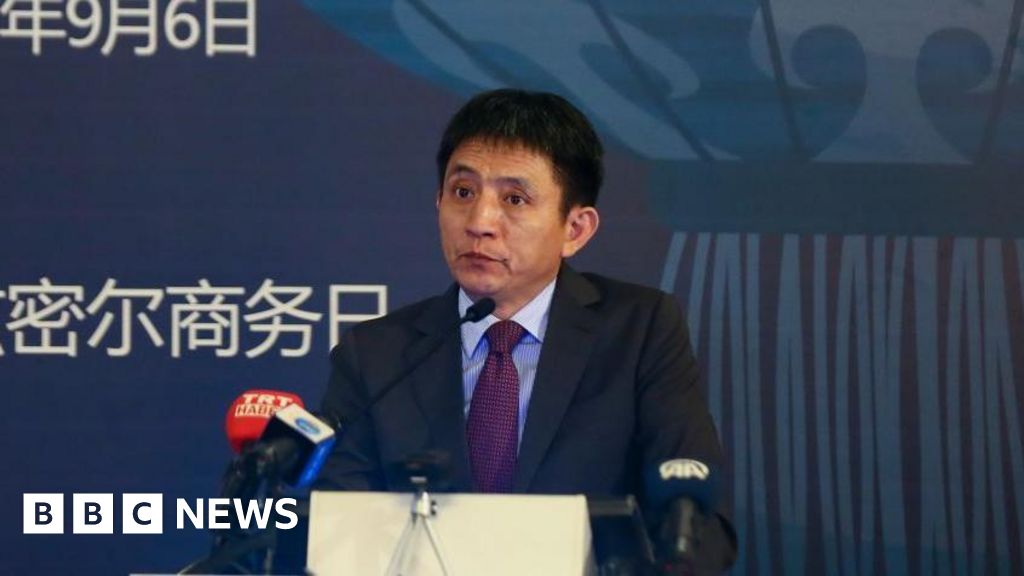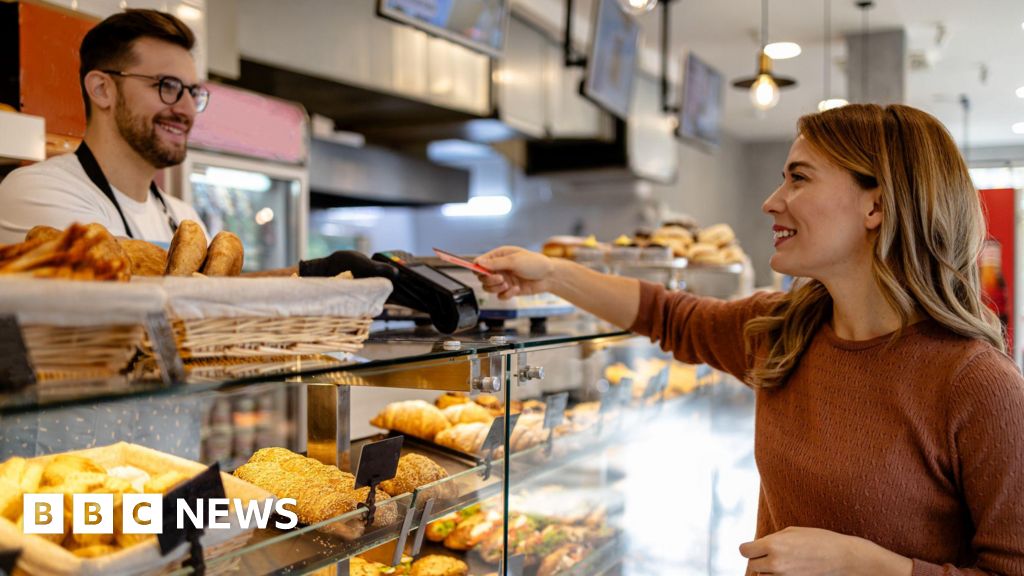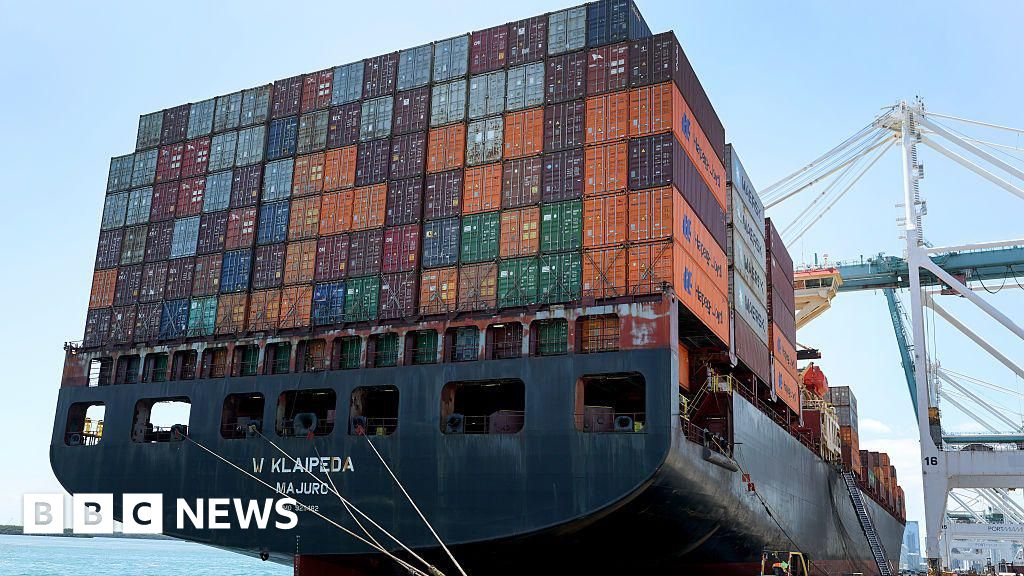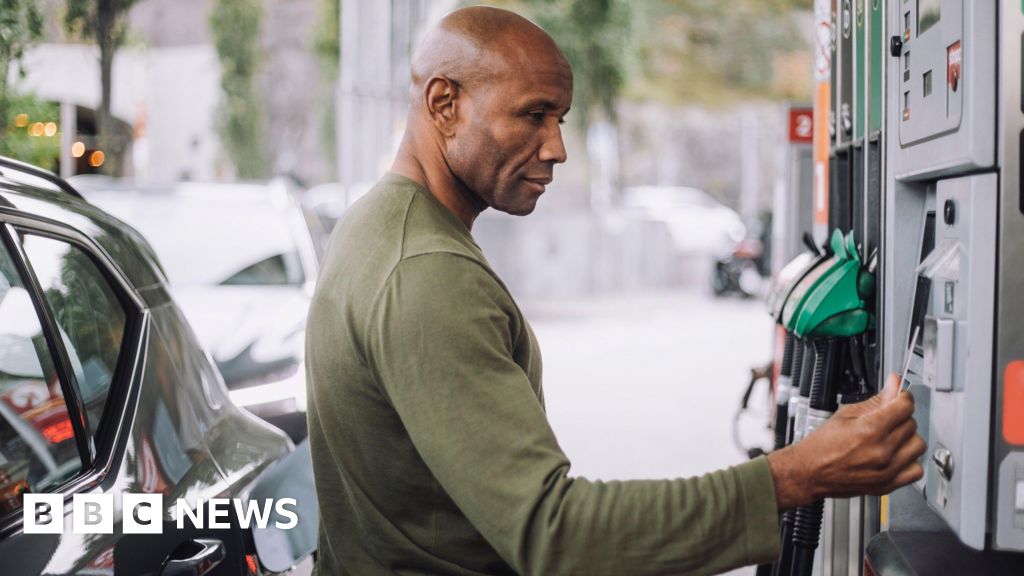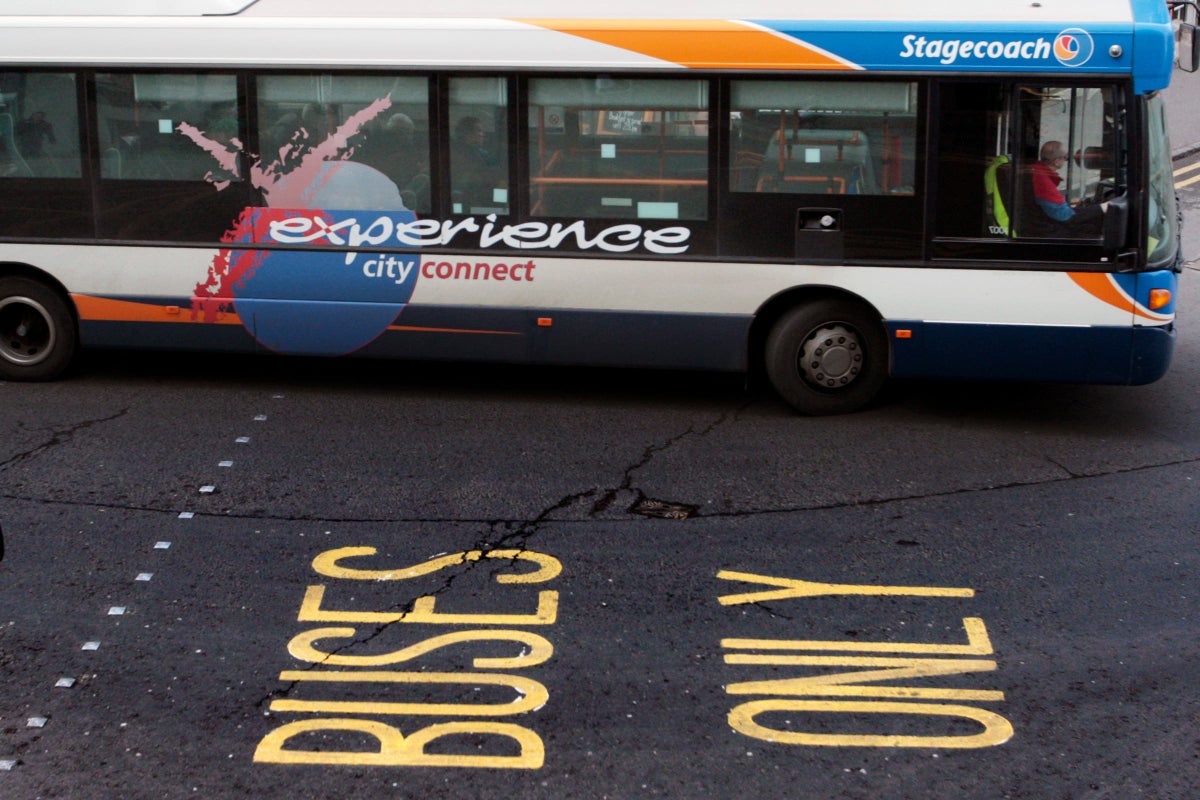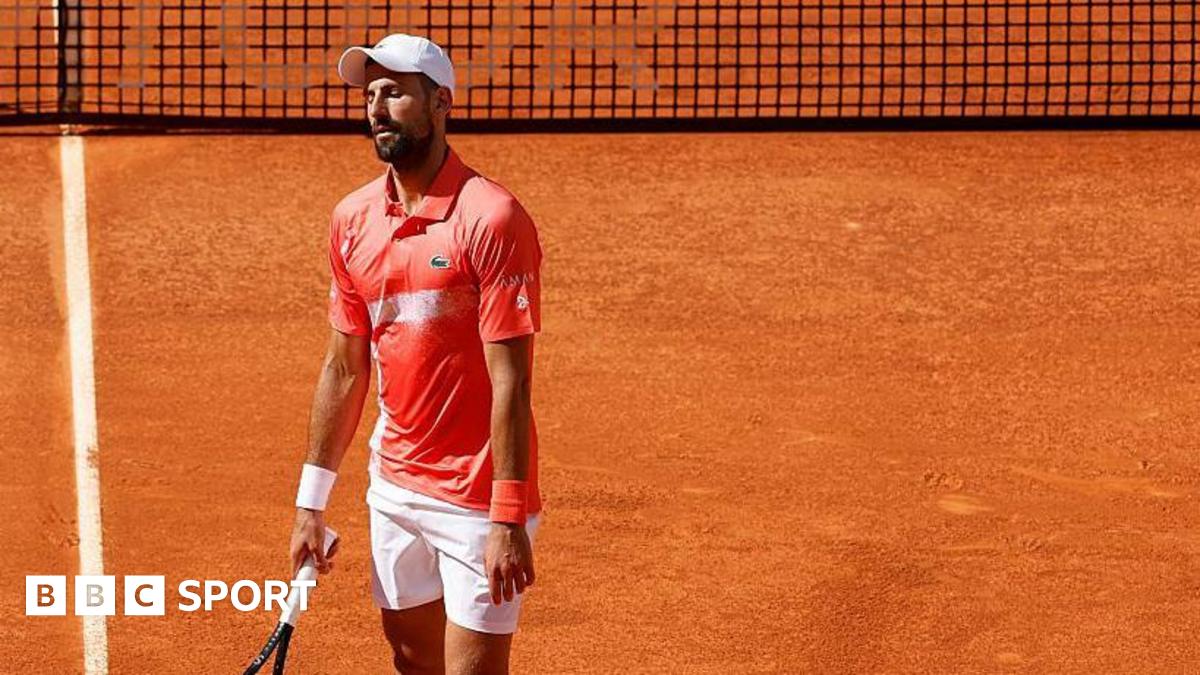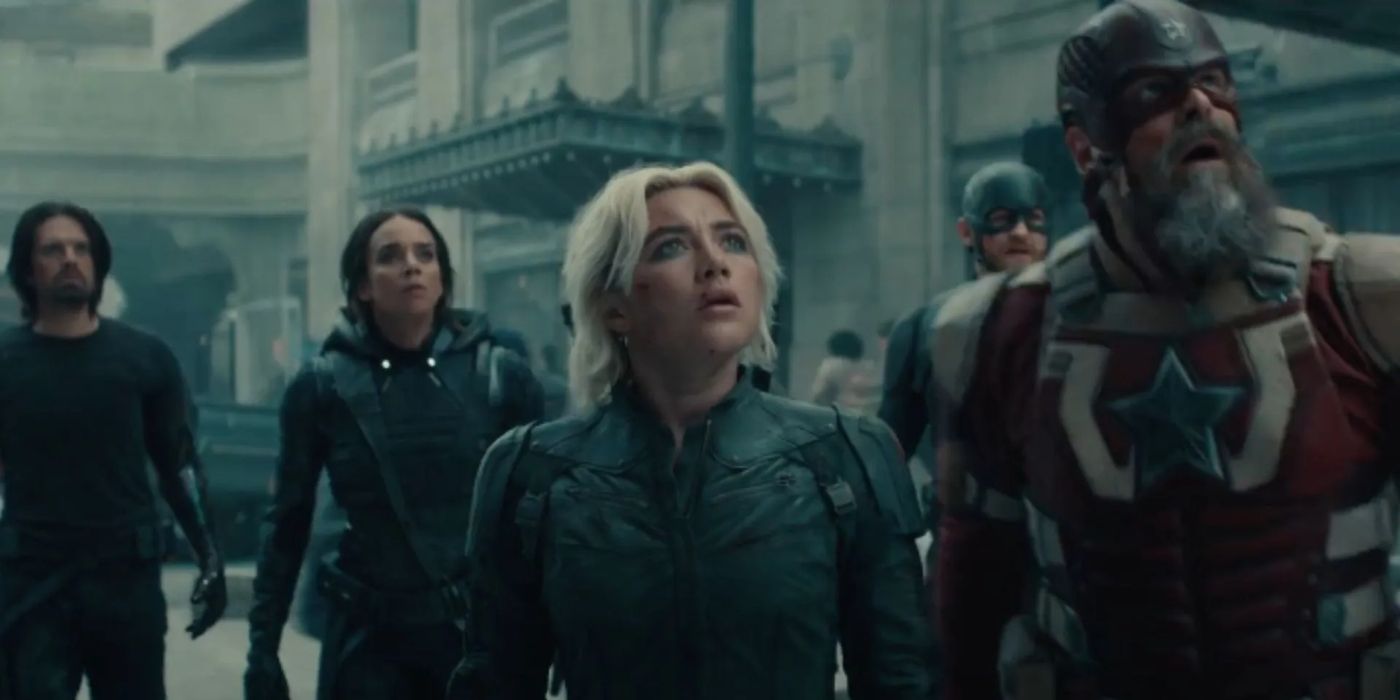This former door factory is putting Queens at the center of the global electronic music scene

On weekdays, you could easily walk right past Knockdown Center, housed on an industrial stretch of road in Maspeth, Queens. The only thing that sets it apart from the neighboring auto body shops and wholesale warehouses is a rust-colored fence and a beat-up marquee that looks like it’s announcing a church rummage sale.
But when Knockdown Center opens its gates at night and on summer weekends when its outdoor stage is set, the crowds of clubgoers streaming through its gate and pouring out of taxis, rideshares, and city buses is impossible to miss. The three-acre venue can accommodate up to 3,200 people inside and another 1,200 in its outdoor space, called the Ruins.
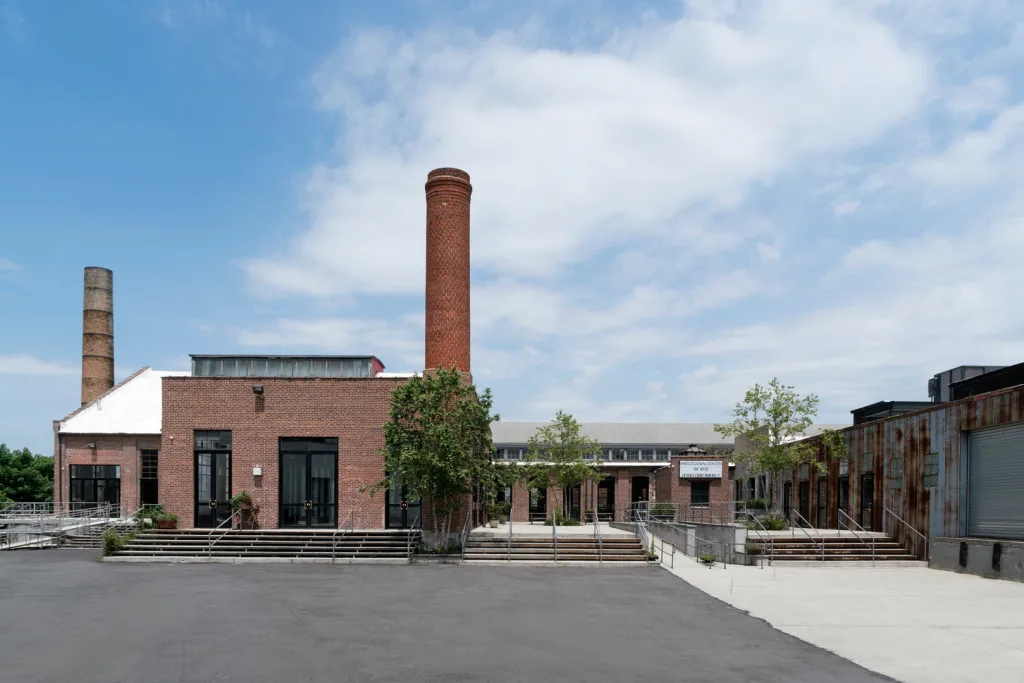
This year has been especially busy. The nine-year-old Knockdown Center is hosting the fourth installment of its three-day Wire Festival from May 16 through 18, bringing together 55 artists for more than 50 hours of music across four stages indoors and outside. It will be the biggest iteration of the event yet and comes on the heels the venue’s recent hosting of the first U.S. installment of the C2C Festival, a 24-year-old dance and experimental music event held in Italy.
Electronic music is booming, and everyone from tiny clubs to mega-festivals wants a piece of the action. At Coachella this year, 39% of the artists on the bill were electronic acts—nearly double the representation of indie-rock artists and almost four times the proportion of pop and hip-hop/rap acts each.
At the 20,000-seat Sphere in Las Vegas, DJ Anyma sold out eight shows for a residency that began New Year’s Eve 2024, then added four more dates to accommodate demand. Later this year, storied Dutch EDM festival Tomorrowland will bring Unity (a joint effort with promoter Insomniac) to Sphere for a 12-date run, a length that doubled after the initial slate of shows sold out.
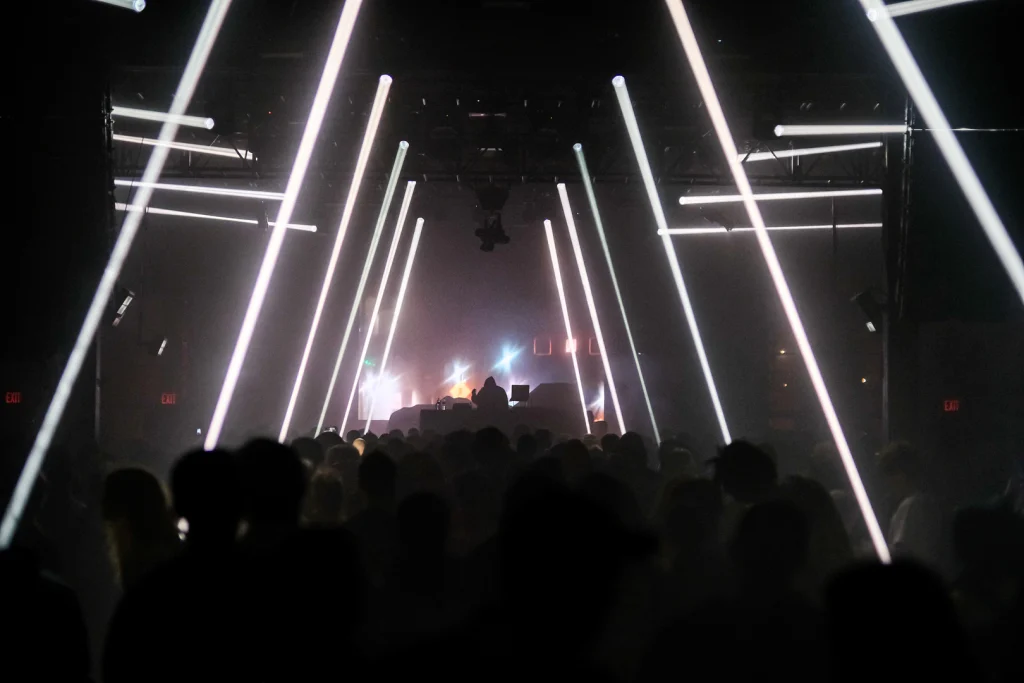
Knockdown Center is proof that not every venue has to be on the same scale as Sphere to thrive in the electronic world. In 2024, it hosted 470,000 guests, says Tyler Myers, cofounder and executive director, adding that the venue has been profitable since 2019. After the standstill of live events in 2020 and 2021, Knockdown’s ticket sales grew 144% between 2022 and 2024. The venue has sold many of those tickets on a steady roster of global electronic artists.
Operating a club in New York is not for the faint of heart: The rewards are high, but so are the risks. (Many are closing, and the nearby Brooklyn Mirage is struggling to open after ambitious renovations.) But by filling its lineup with a mix of recognizable acts and budding DJs and bands from around the world, Knockdown Center is pulling in steady audiences and a building a loyal community. “We’ve always been the right size for the business we’re doing,” Myers says. “We’ve worked really hard to get ourselves into a position where riskiness is less risky.”
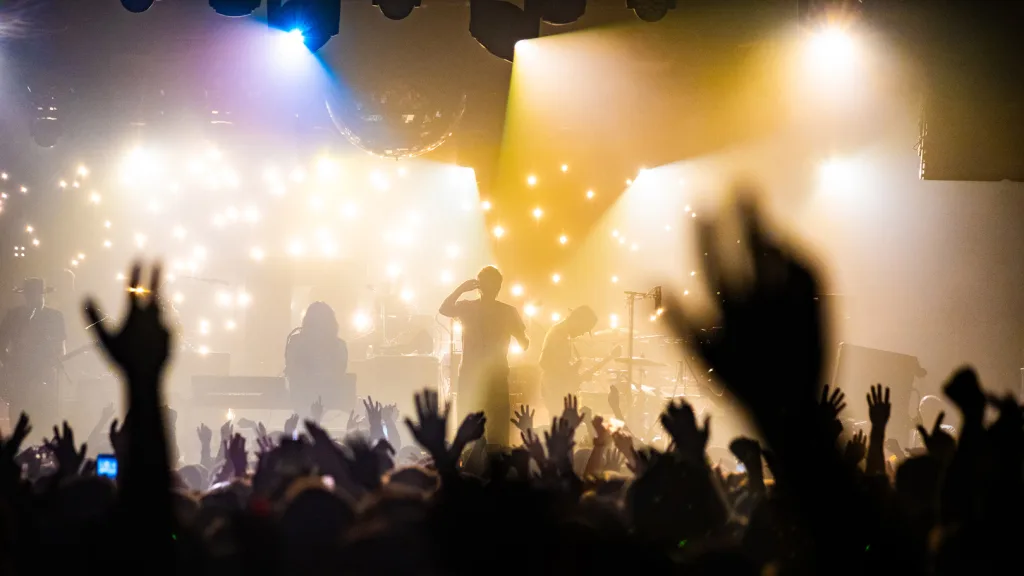
From Doors to DJs
Opened in 1903 as a glass factory, the space became the home of the Manhattan Door Factory some three decades later. (In the 1950s, Manhattan Door owner Michael Sklar invented the knockdown-style door frame that gives the venue its name.) Myers and his two cofounders, working with owner David Sklar, took over the 50,000-square-foot space in 2016, renovating it into an events space. It’s since become a showcase for an ascendent electronic music scene that’s less akin to the over-the-top spectacle of the longstanding American EDM festival Electric Daisy Carnival—and more like the no-frills approach of Berlin’s legendarily cavernous techno club Berghain.
“I had worked for a large entertainment company before this, and we’d always been looking for venues [this size] in New York City—and over the course of five years we never found one,” says Myers. “So with this space, it was like, holy shit this is unusual—and wouldn’t it be nice if we could figure out a sustainable way to support people who were taking risks with this kind of space.”
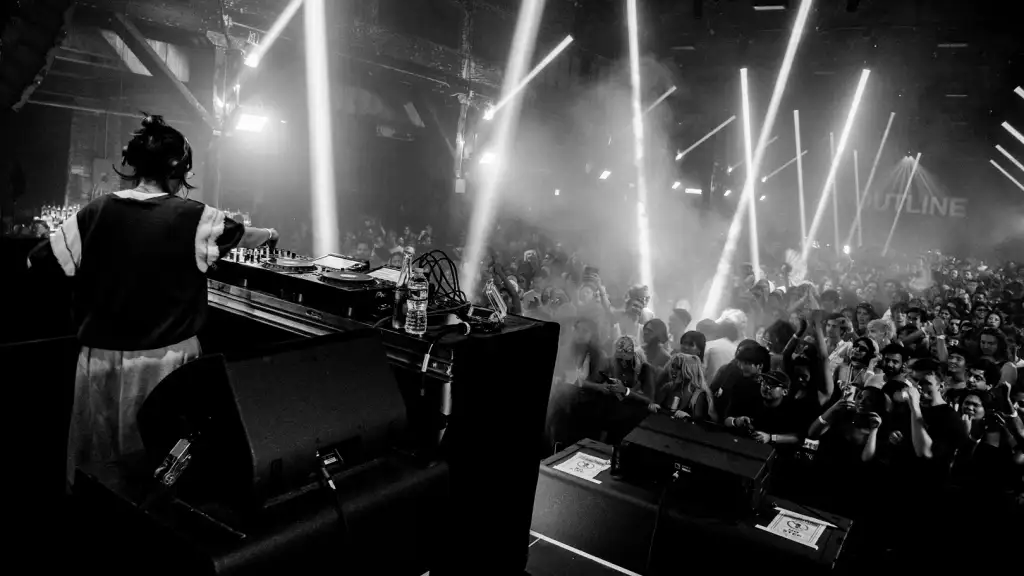
After early efforts to showcase dance performances, theater, art installations, and murals, Myers and fellow organizers saw an opportunity to pair the venue’s scope with an ambitious music scene.
“Some of the natural things we picked up early on were things that aspired to a sort of Detroit nostalgia for warehouse parties,” he says, adding that DIY festivals focused on electronic music were cropping up around the same time. In particular, he highlights Dripping and Sustain-Releaase—annual events that take place in the woods outside of New York—as upstarts that have grown by centering music and inspired Knockdown Center’s approach.
“A lot of the innovation—a lot of the punk rock attitude in New York and globally—is in electronic music right now,” he says. “Our program is a reflection of [that] world.”
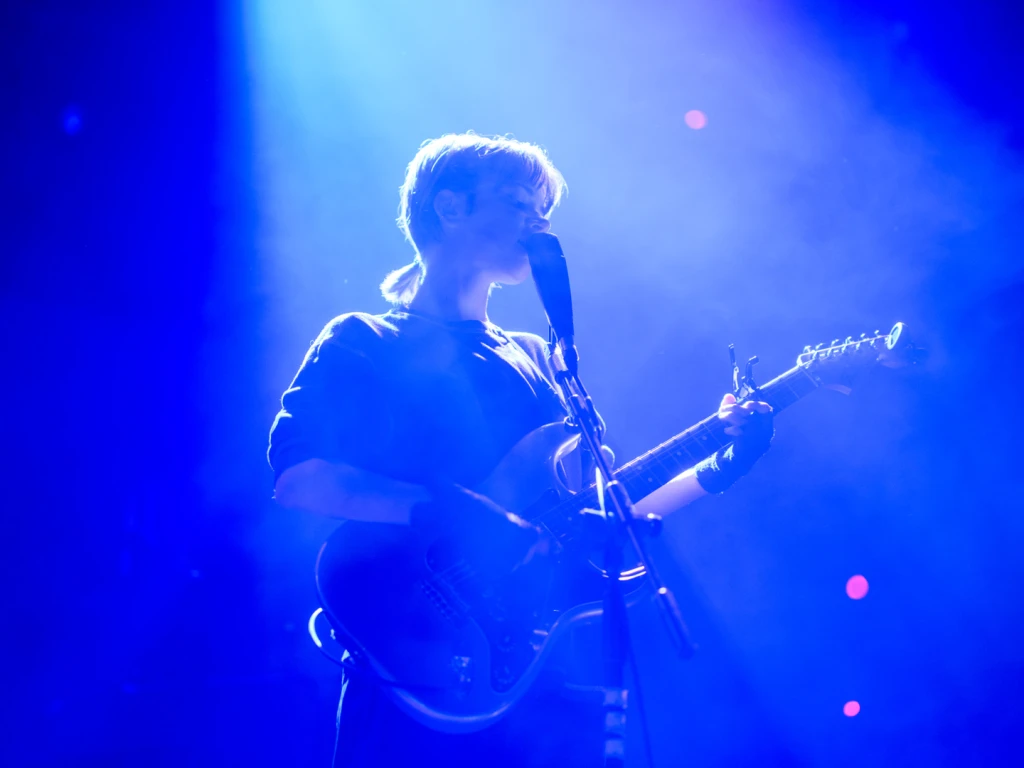
An International Outlook
Over the course of nine years, the venue has had its share of notable headliners—LCD Soundsystem played a 12-night residency in December; Fatboy Slim is set to reprise a 14-hour day-to-night set at the outdoor Ruins stage at the end of May. But a big part of Knockdown Center’s appeal has been built on its ability to bring a wide range of international acts to its stages. That’s been helped by events like Wire Festival.
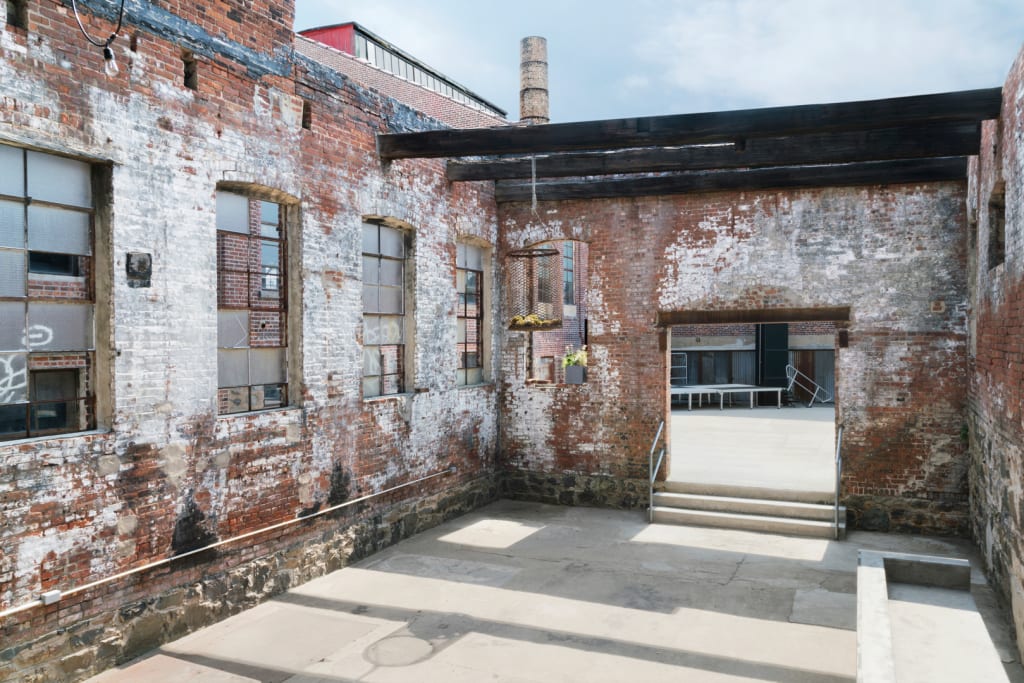
By design, the festival has included a growing number of international artists. Téa Abashidze, cofounder of Wire, says different collectives are invited to curate the festival’s second stage each year. “It’s about creating spaces where different communities can meet, share experiences, and start building new collaborations and ideas,” she says. This year, the stage is curated by Amsterdam’s queer techno organizers Spielraum and Berlin’s queer-focused art collective Pornceptual (don’t worry, that link is mostly SFW).
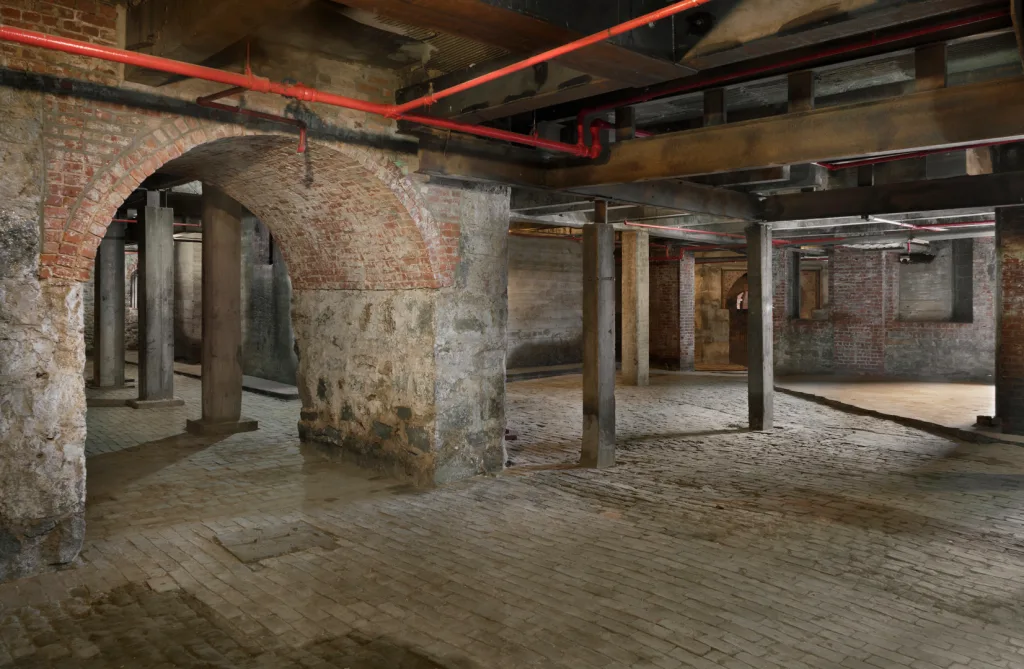
Beyond Wire, Abashidze has played a key role in bringing international artists to Knockdown Center year-round. In 2019, she cofounded Basement, Knockdown Center’s underground, European-style nightclub that can hold up to 600 people. The space’s steady mix of local and international talent has been popular enough that Basement opened a second room in 2022, allowing for two performances to happen simultaneously. Wire Festival was initially an offshoot of the Basement project and its global vision.
But when that vision involves crossing international borders, things can get complicated for artists given the expense and time required to get the proper visas—something fans don’t realize impacts their ability to see the artists they want to. “[Attendees] can be frustrated that they’re not getting access to events with some of the younger talent that’s coming up in Europe,” Myers says. “And are simply unaware that to do so legally is substantially expensive, time intensive, and risky.”

The visa headache
In April, British avant-garde artist FKA Twigs canceled her tour—which included two sold-out dates at Knockdown Center—due to visa issues. Though it was due to her team not submitting her documents with enough time for the application to clear, the episode underscored the way a complex process can keep even well-known artists from playing global shows. Myers wants Knockdown Center to be a resource for the artists who don’t have teams to assist in going international.
“We continue to look for less resource-intensive ways that people could get a shorter visa or some other kind of visa to come play legally in the United States with less risk.” Myers says. “President Trump’s policies and platform menace the artists we book from abroad, just as they do the artists we book at home, just as they do to the community we serve, and the employees we count on. But the process itself hasn’t suddenly become worse. It’s a big problem, but not a new problem.”
Last summer, to make the process of getting a visa more straightforward, Wire and Basement partnered with online music and community site Resident Advisor—to launch Artist Visa Guide, a site that helps demystify what’s required to obtain an O-1 artist visa.
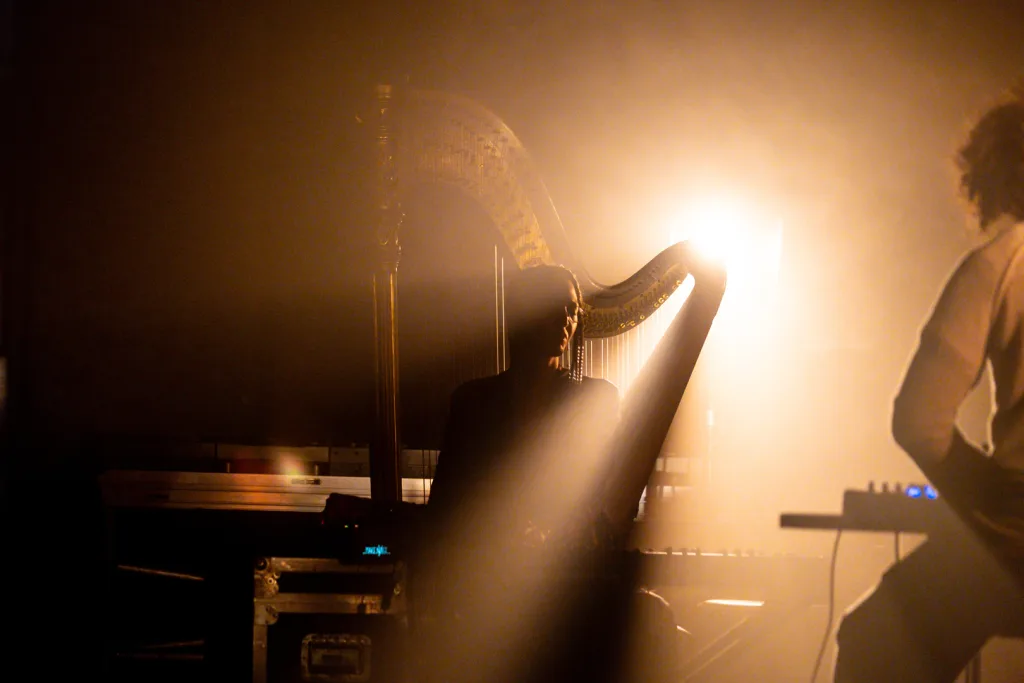
To give smaller international artists exposure—and to help them offset the cost of a visa—Knockdown Center’s events that feature eclectic bills, even acts that might be unfamiliar to the venue’s audience. Since 2021, Jeff Klingman, Knockdown Center’s lead talent buyer, has curated Outline, a series of single-day festivals that bring together slates of performers from different genres and with different reach.
“Broad programs like C2C and Outline are a nice way to showcase artists who need to go through that expensive visa process but aren’t necessarily going to sell 3,000 tickets on their own,” Klingman says. “But you need a broader framework to allow it—and that’s not going to happen at a bigger festival where you want your opening act to have 50K Instagram [followers] minimum.”
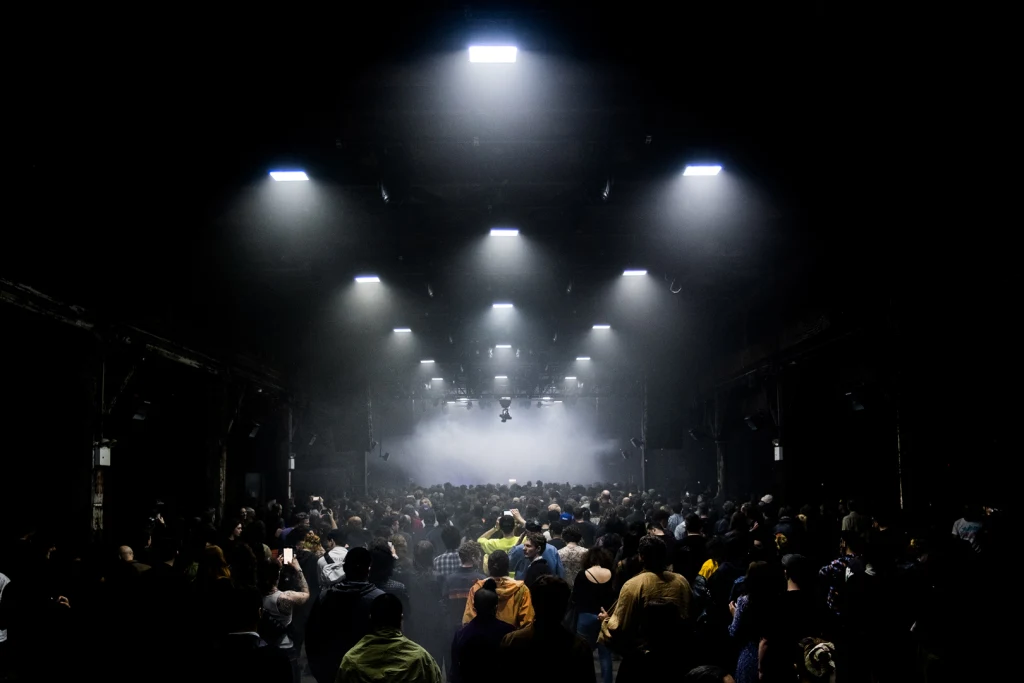
Klingman has programmed 15 Outline events so far. The most recent installment, held in April, was headlined by established American post-rock band Explosions in the Sky, who shared the bill with Icelandic electronica act Múm, Guatemalan cellist and vocalist Mabe Fratti, Philadelphia shoegazers They Are Gutting a Body of Water, Danish electronic artist Upsammy, and Mexico City experimental band Diles Que No Me Maten.
“Putting together the artists combinations that we do has become a beacon to the international community.” Klingman says. “It allows us to take modest chances in the spirit of art that we really believe in.”
What's Your Reaction?
 Like
0
Like
0
 Dislike
0
Dislike
0
 Love
0
Love
0
 Funny
0
Funny
0
 Angry
0
Angry
0
 Sad
0
Sad
0
 Wow
0
Wow
0

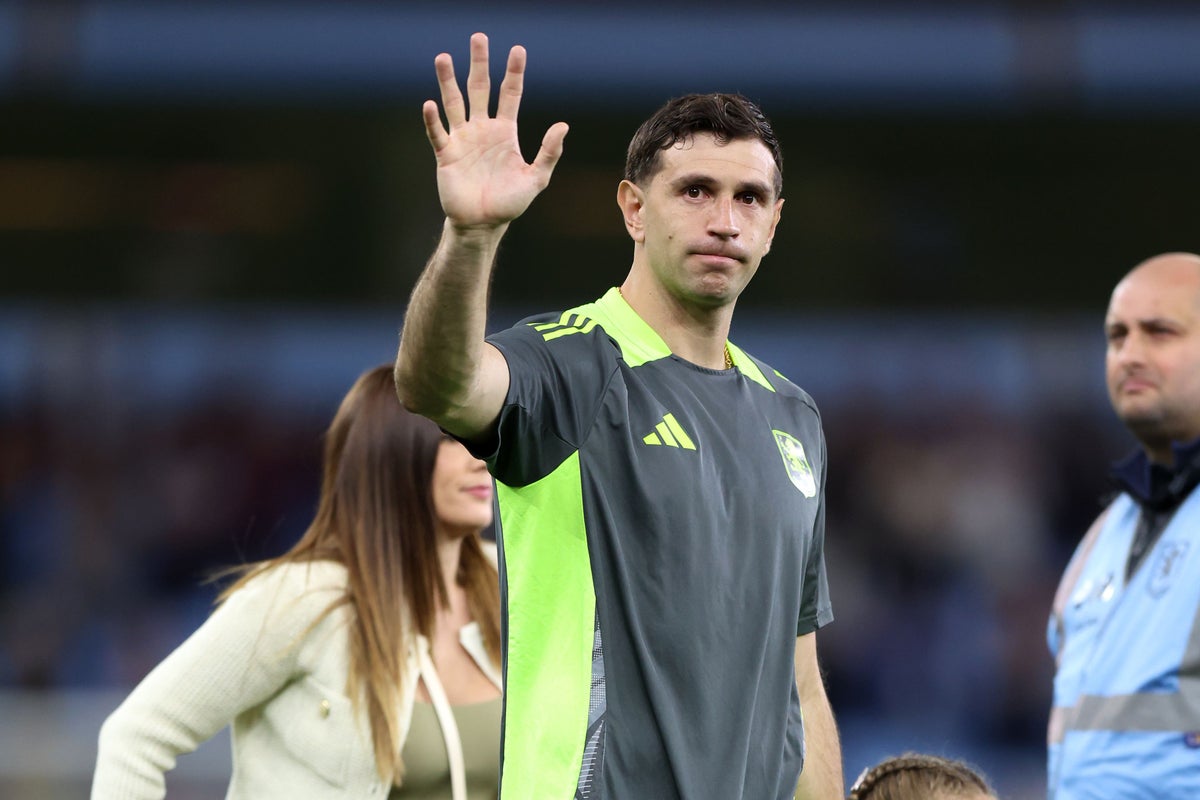









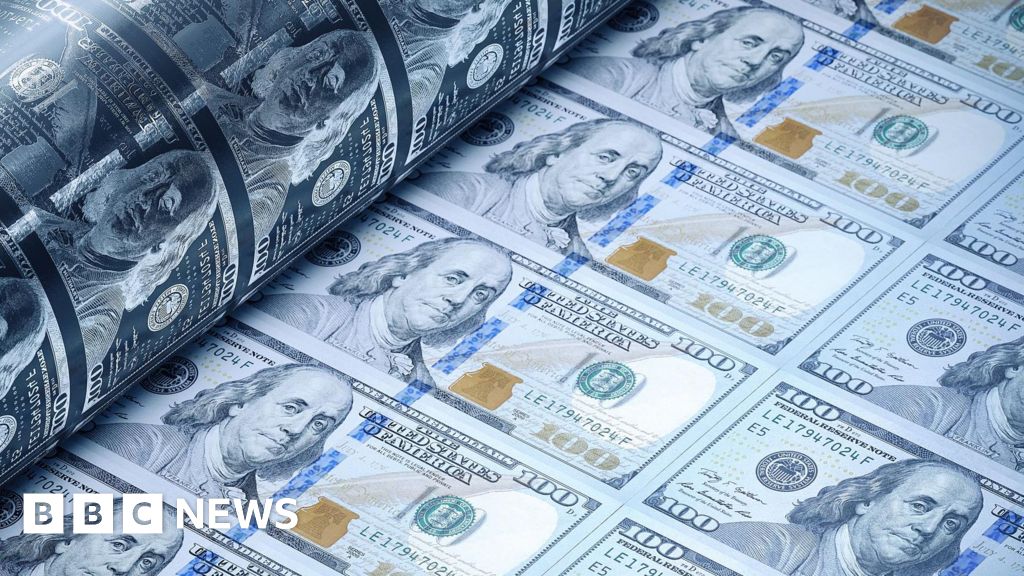

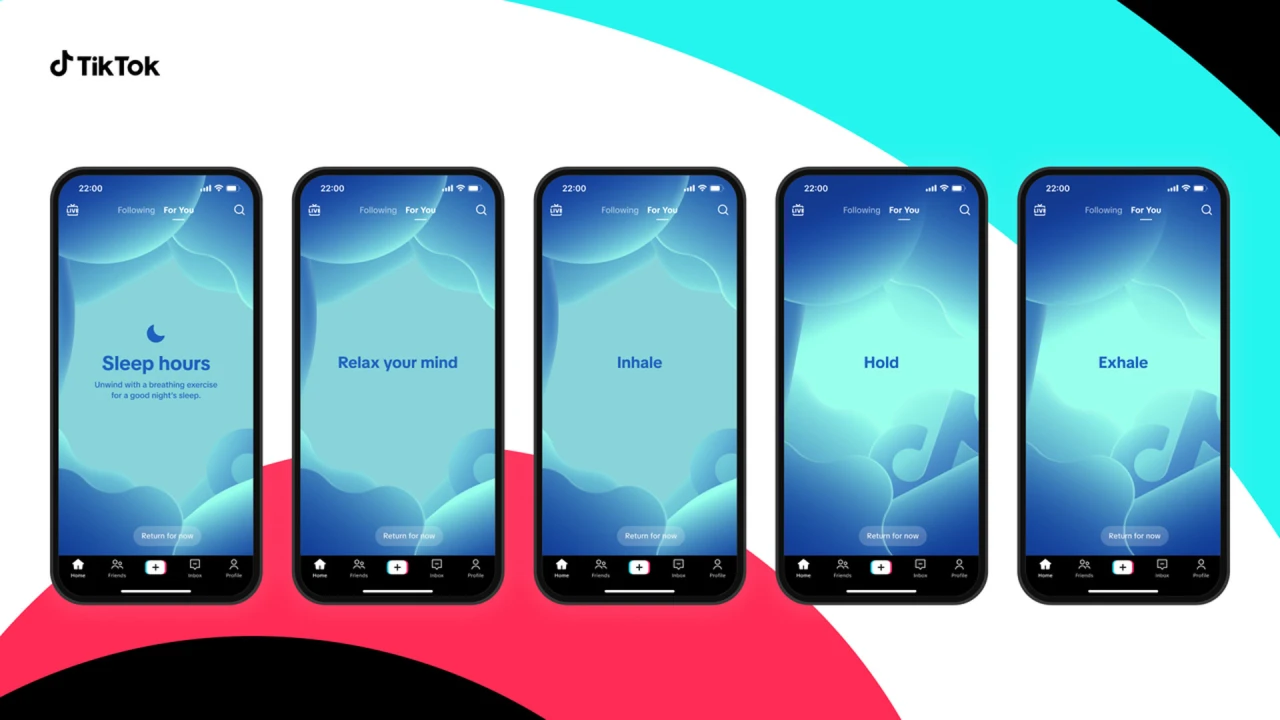










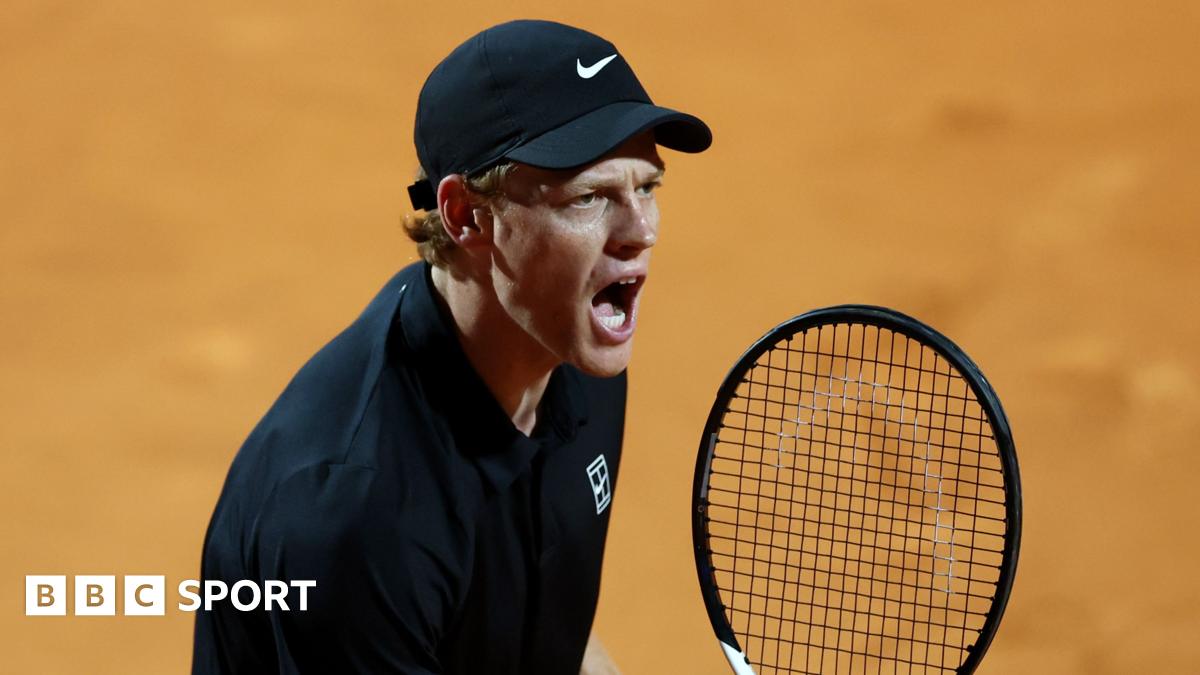











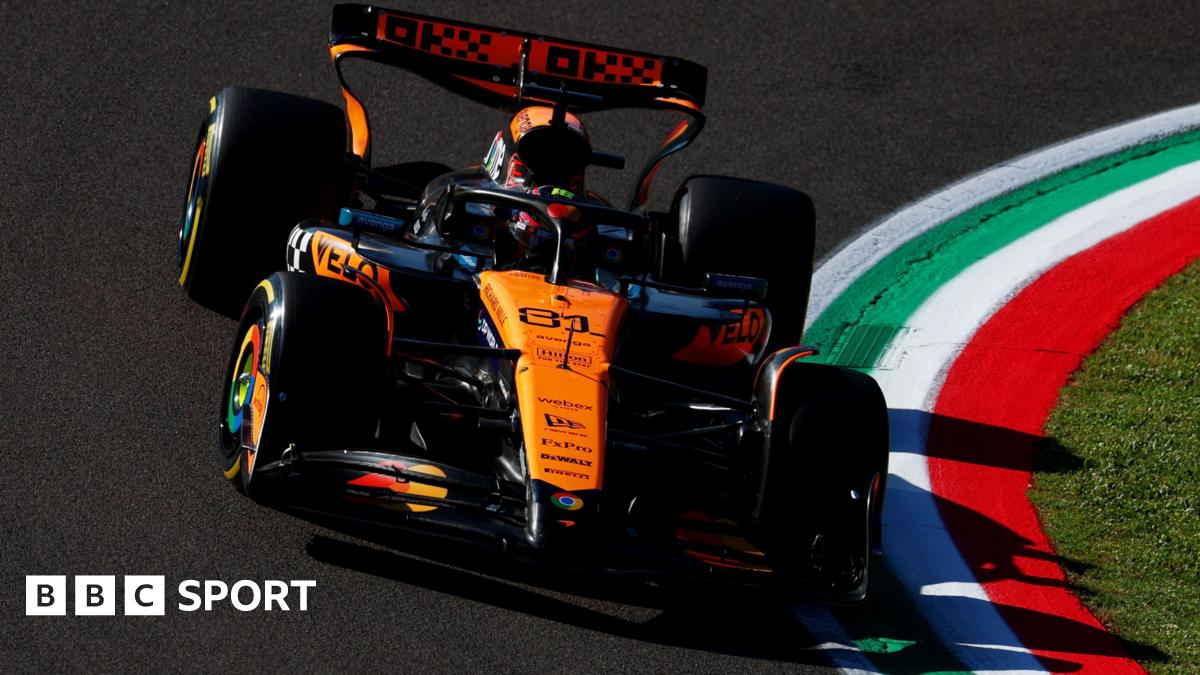
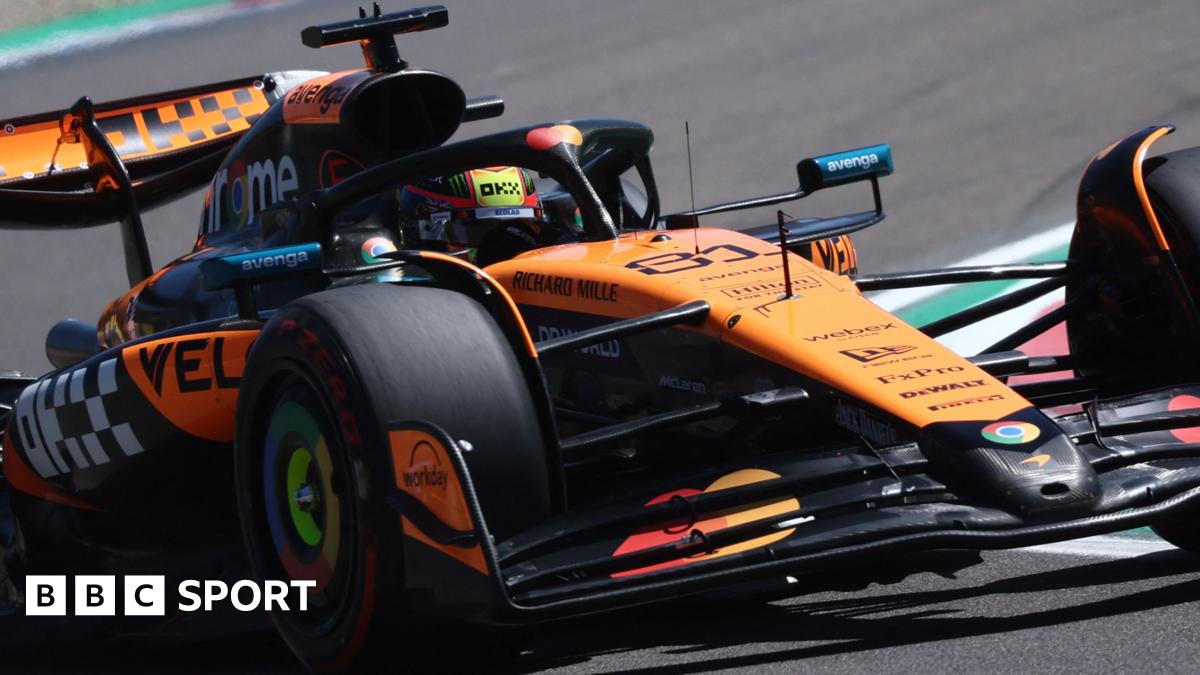
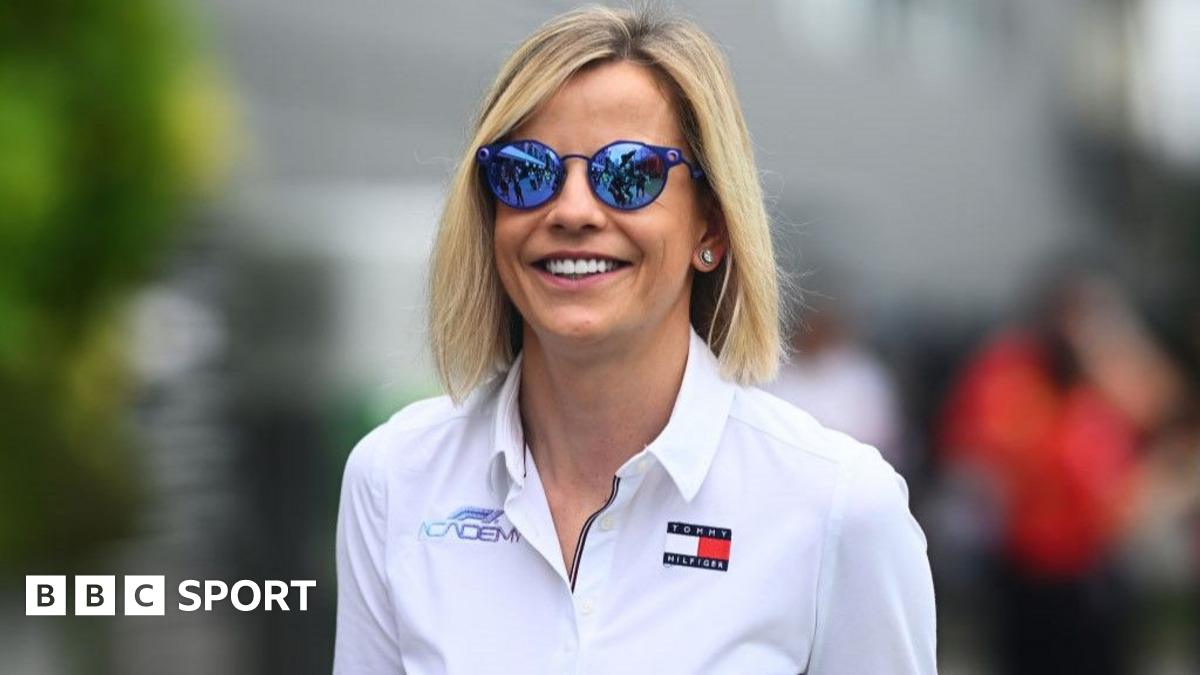




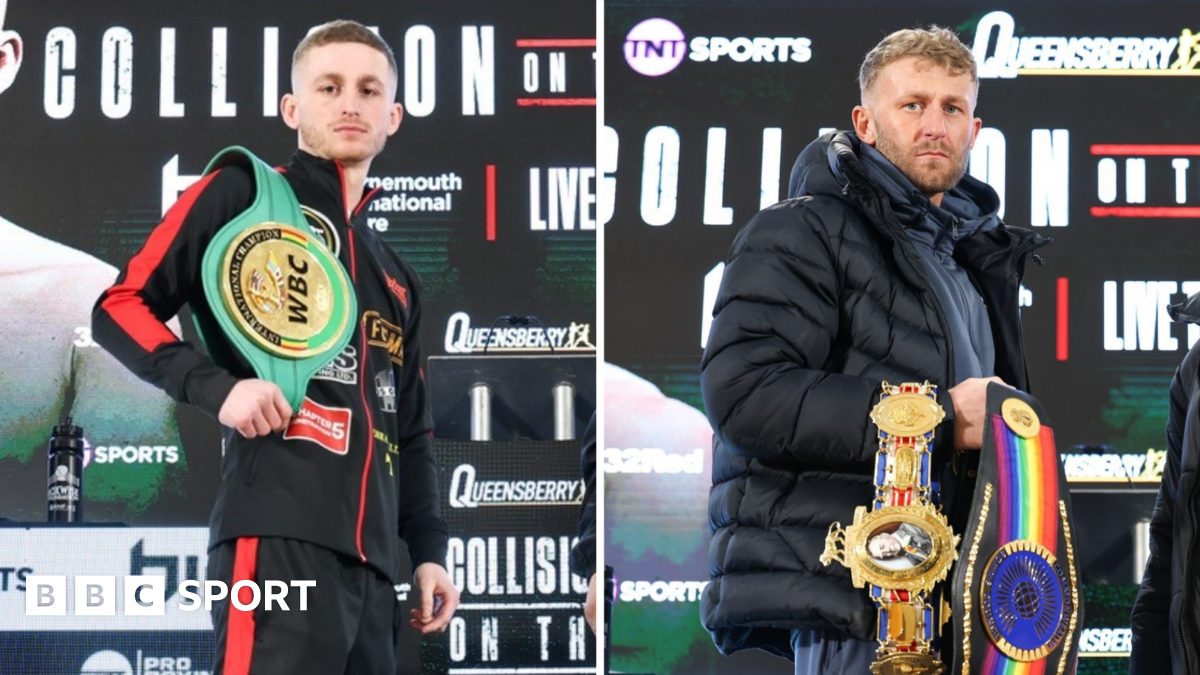
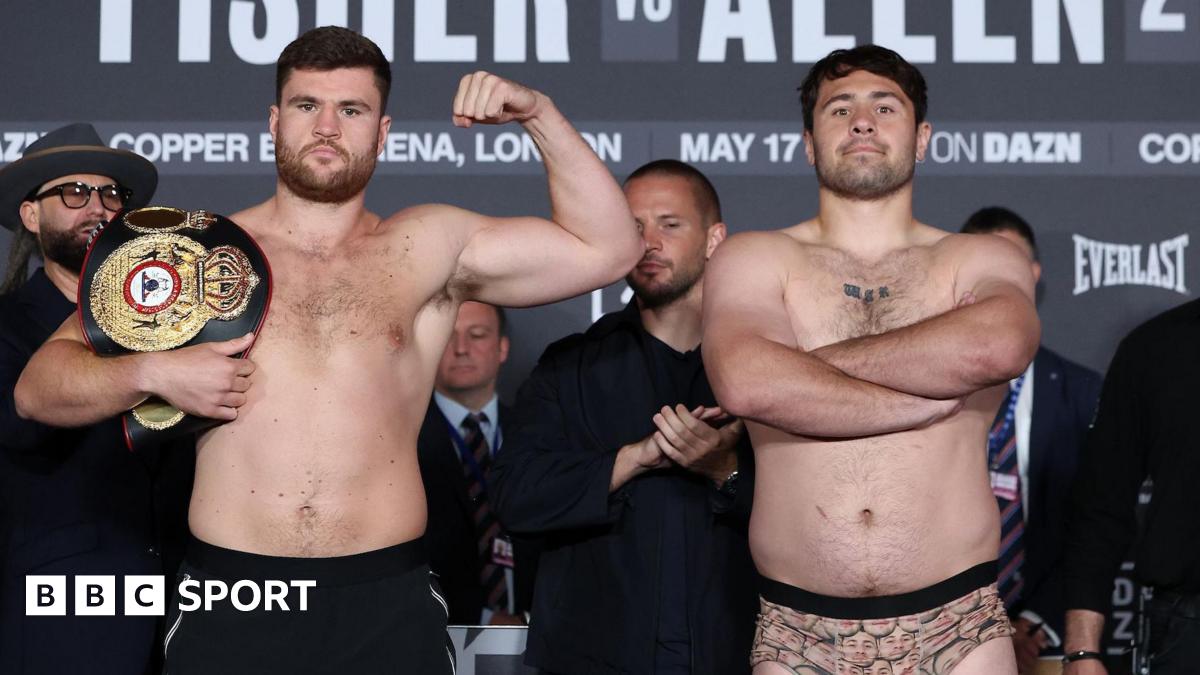
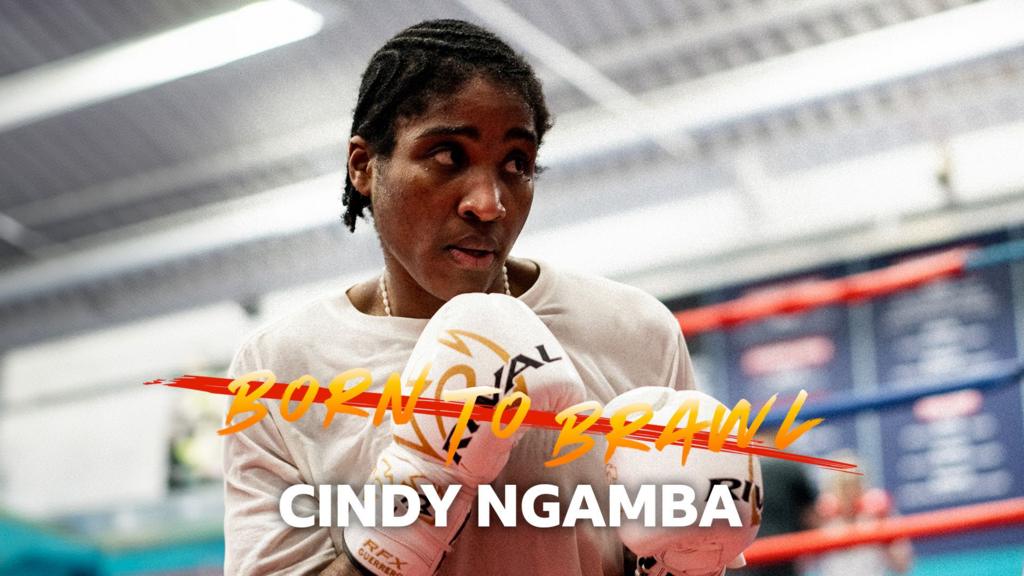

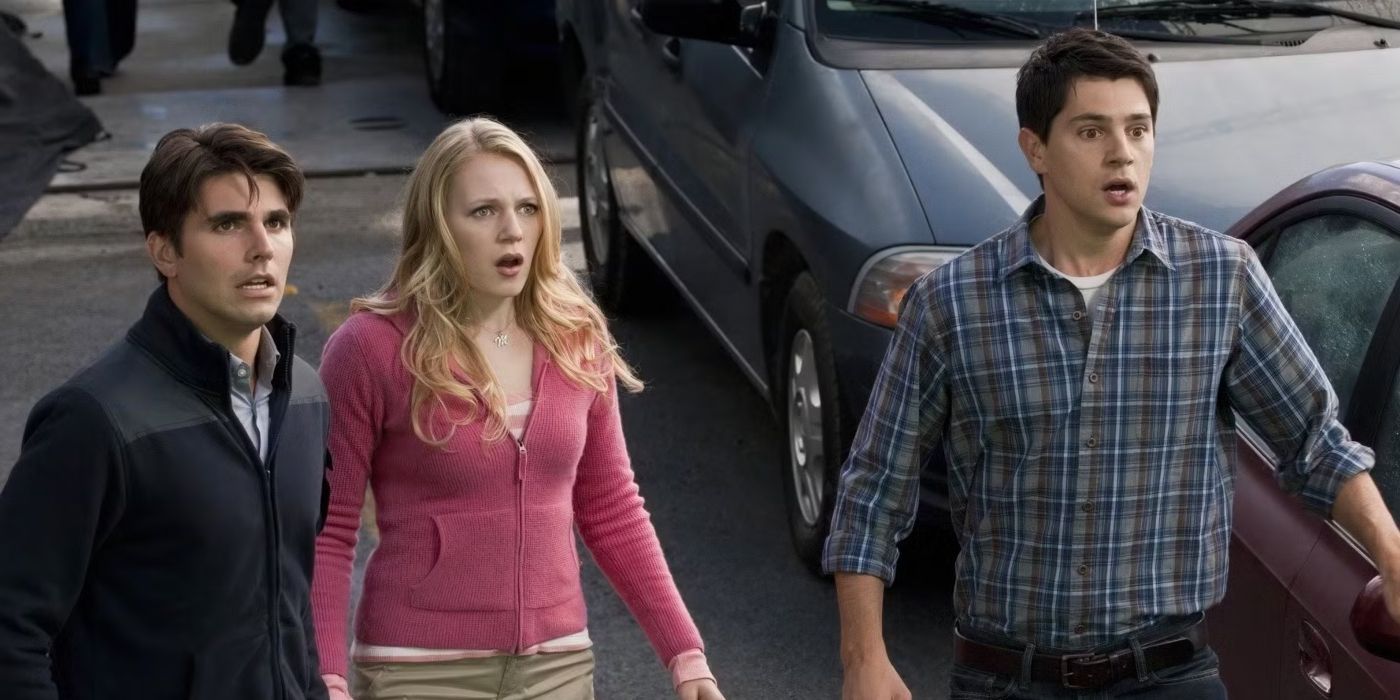

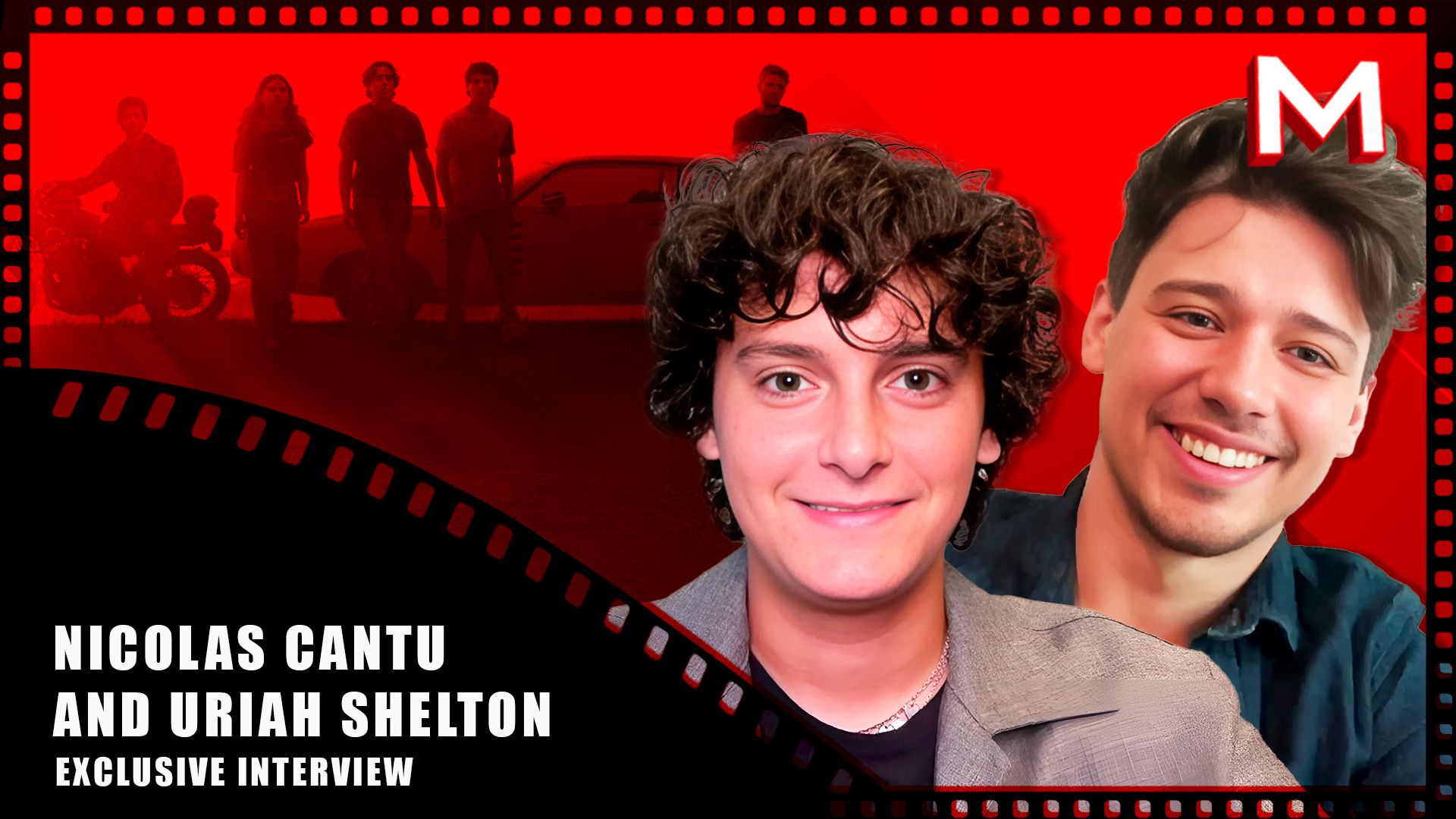



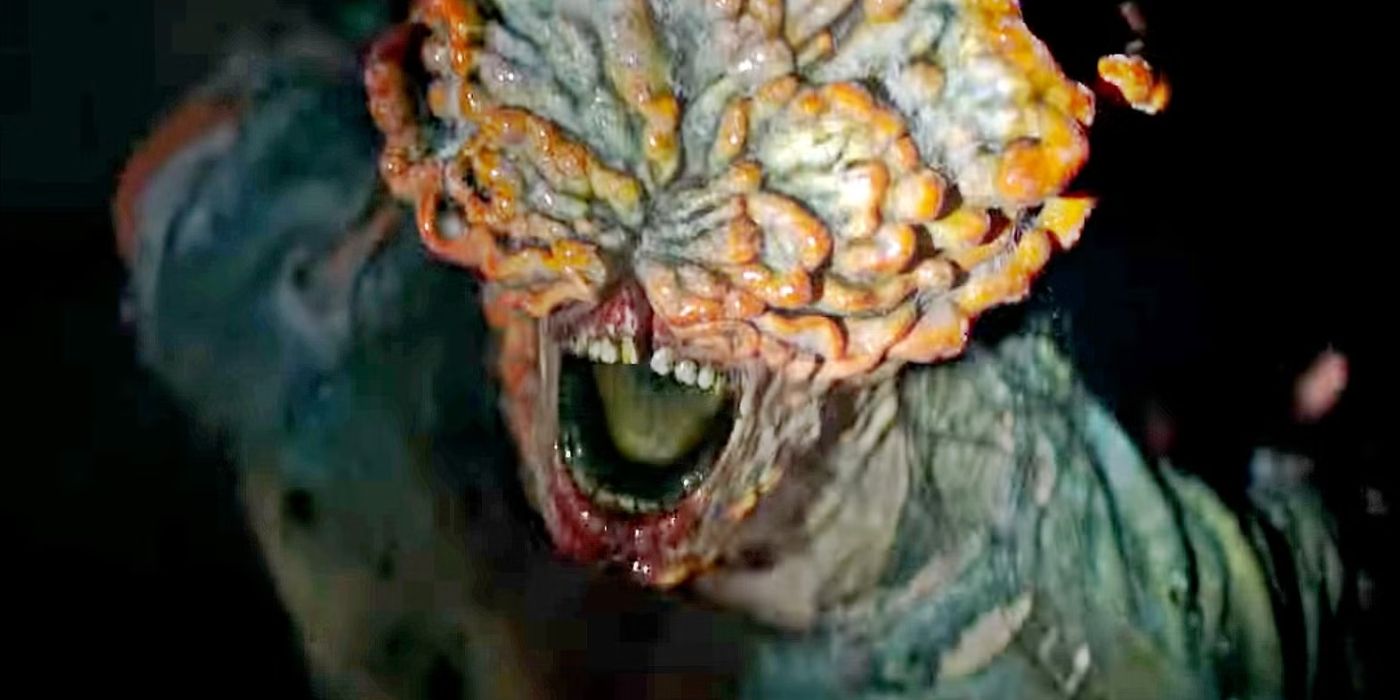
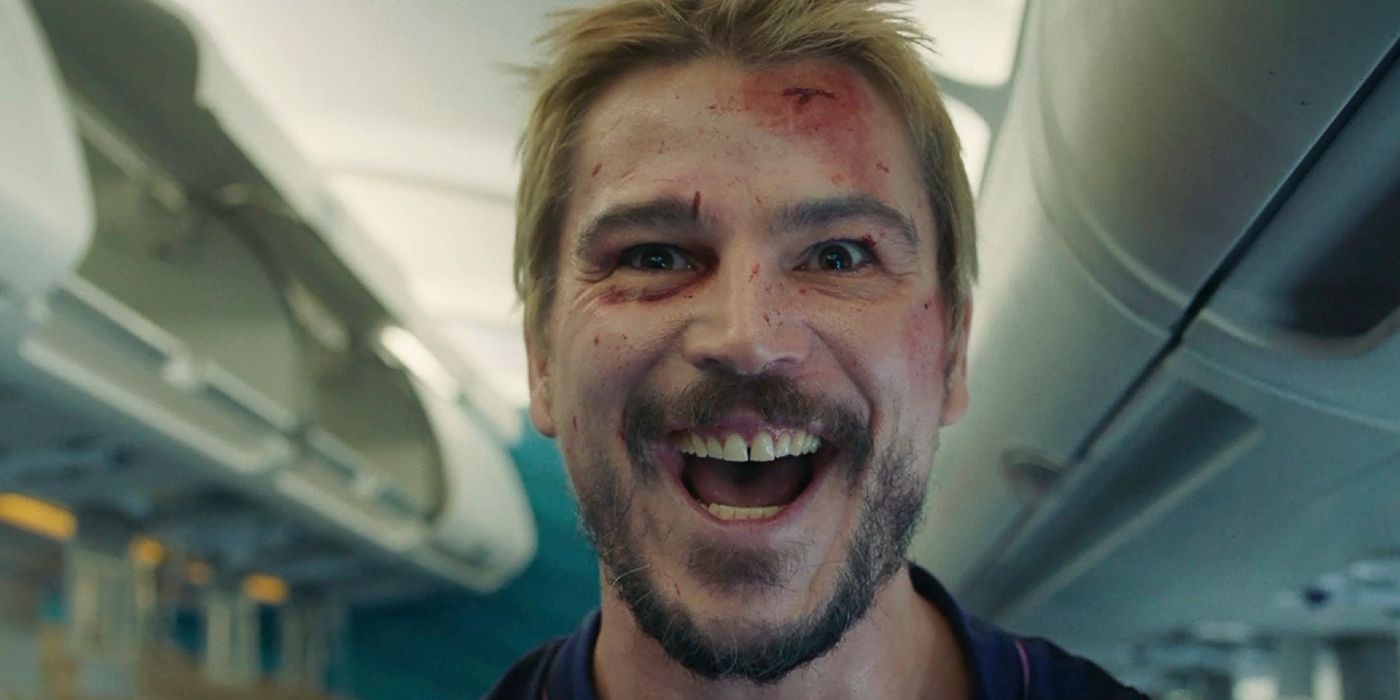
![The Chi Season 7 Premiere: Alicia Kills [Spoiler] in Vengeful Attack — But Did She Get the Right Man? Plus, Grade It!](https://tvline.com/wp-content/uploads/2025/05/the-chi-season-7-premiere-recap-episode-1.jpg?#)





























